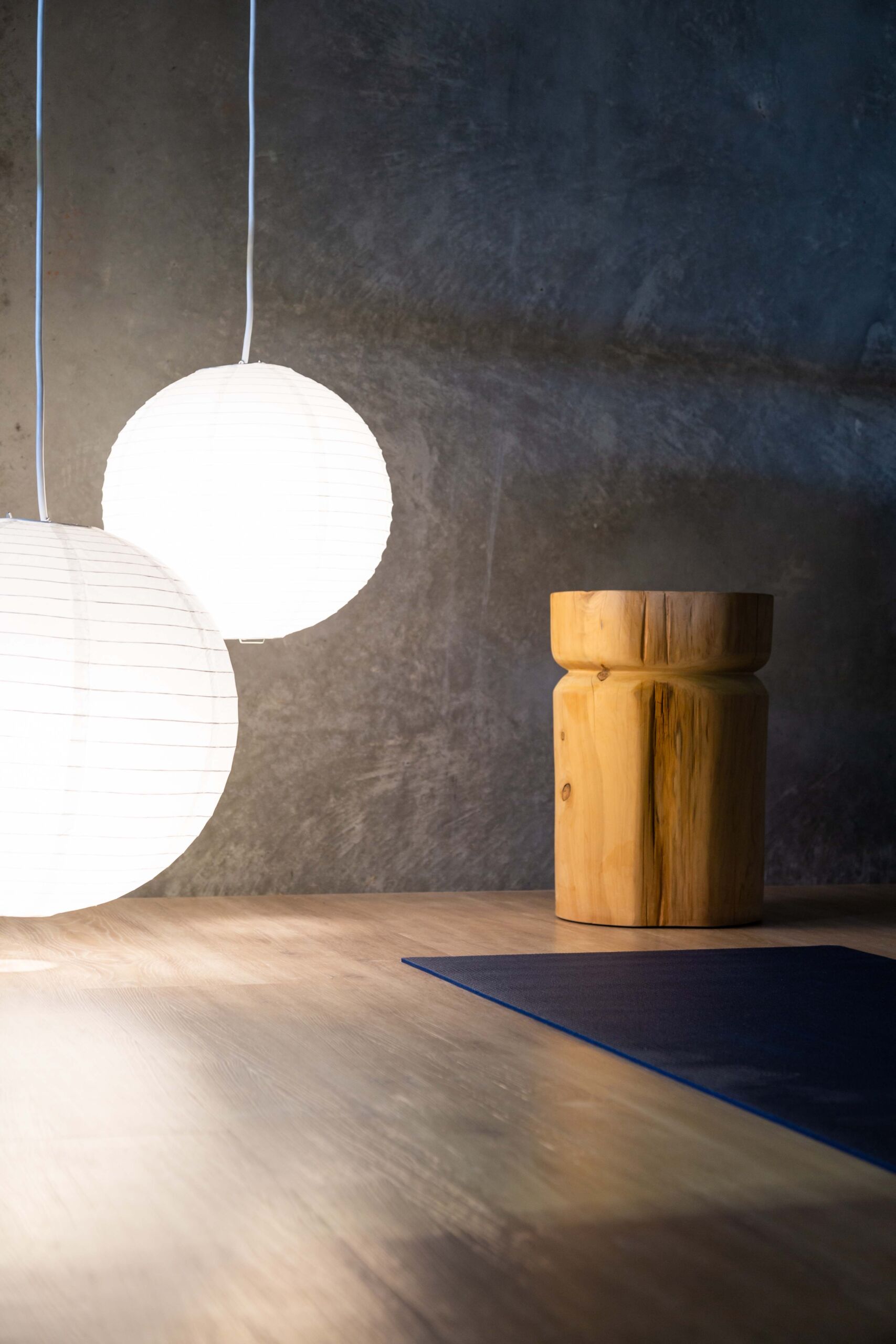
If you’ve read through Sleep Part 1 and Sleep Part 2, you will have a better understanding of the importance that quality sleep plays. Not only is it important for only your brain function and performance for the day ahead, but for exercise performance, recovery, weight management, mood and overall health.
You’ll notice the term “quality sleep” is used above. Sleep is more than just the time spent in bed.
There are three key components to remember –
- How much sleep you’re getting
- Sleep quality, that it is uninterrupted and refreshing sleep
- A consistent sleep schedule
Here is a summary of our top tips to encourage a good night’s sleep –
- Stick to a consistent sleep schedule: Try to go to bed and wake up at the same time every day, even on weekends and holidays.
- Create a bedtime routine: Develop a relaxing routine before bed that helps you wind down, such as taking a warm bath, reading a book, or practicing meditation.
- Create a comfortable sleep environment: Make sure your bedroom is cool, quiet, and dark. Invest in a comfortable mattress, pillows, and bedding.
- Limit daytime naps: If you take daytime naps, keep them short (20-30 minutes) and avoid napping late in the day.
- Limit caffeine and alcohol consumption: Avoid consuming caffeine and alcohol in the hours leading up to bedtime, as they can interfere with your sleep.
- Exercise regularly: Regular exercise can help improve sleep quality, but avoid exercising too close to bedtime, as it can have a stimulating effect.
- Manage stress: Find ways to manage stress and anxiety throughout the day, such as through exercise, meditation, or deep breathing.
- Avoid using electronic devices before bed: The blue light emitted by electronic devices can disrupt your sleep, so avoid using them in the hours leading up to bedtime. They can also have a stimulating effect on your brain.
- Avoid heavy meals before bedtime: Large, heavy meals before bedtime can make it difficult to fall asleep and can also cause indigestion and discomfort.
Myths and facts about sleep –
Myth – Your body gets used to lack of sleep. // Fact – A lack of sleep takes a toll on your brain and body.
Myth – How long you sleep is all that matters. // Fact – Sleep quality is a crucial factor to getting a good nights sleep.
Myth – If you are having trouble falling asleep, stay in bed until you can. // Fact – Experts recommend getting out of bed if you have spent 20 minutes trying to fall asleep.
Myth – Alcohol improves quality of sleep. // Fact – Sleep quality declines after drinking alcohol.
Myth – A warm bedroom temperature is best for sleeping. // Fact – Most people sleep best in a bedroom around 18 – 20 degrees celsius.
Myth – Sleeping with a light on is harmless. // Fact – It is best to sleep in a room that is as dark as possible.
Myth – Napping makes up for lack of nighttime sleep. // Fact – Naps are not a good substitute for quality sleep at night.

